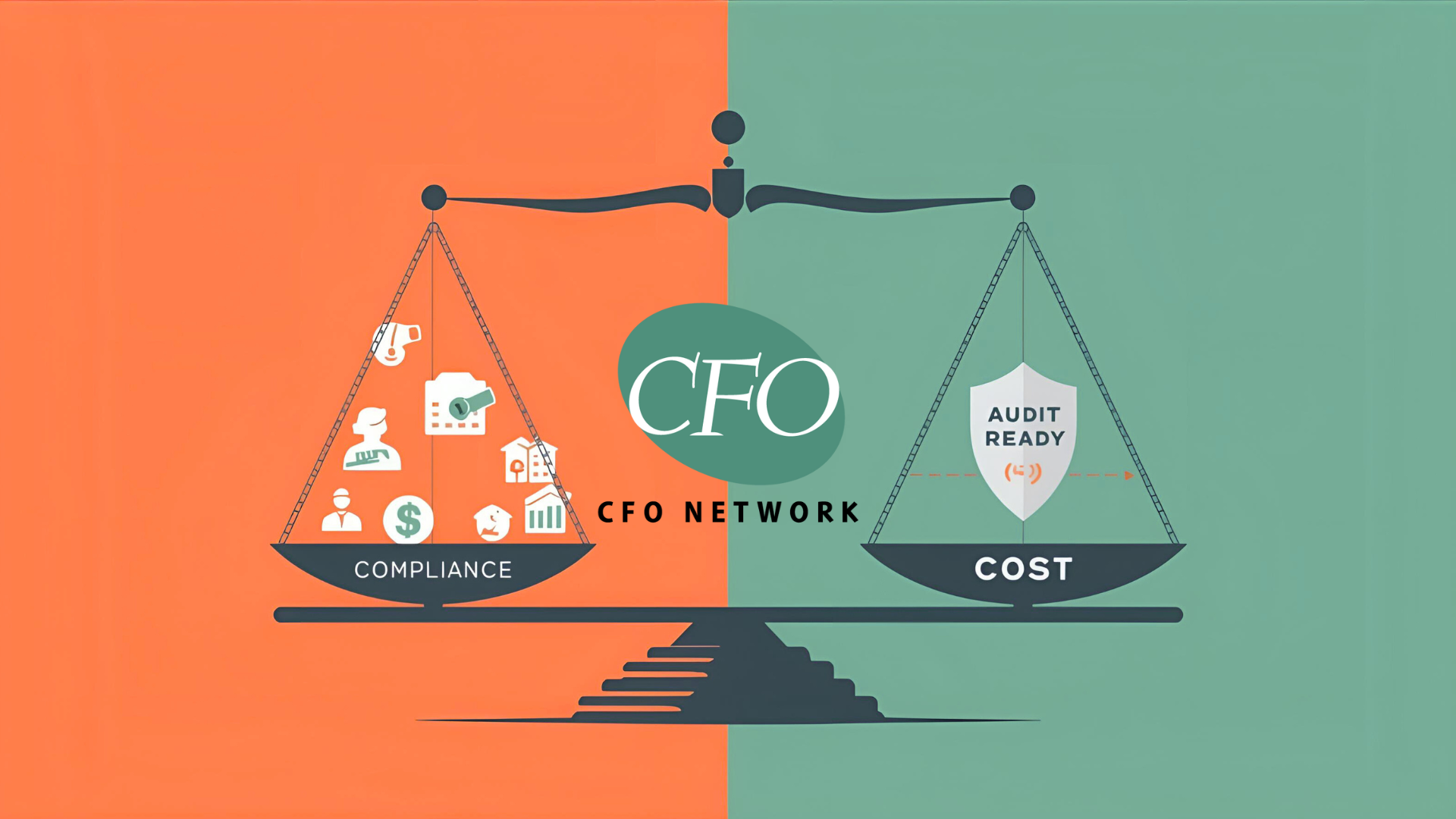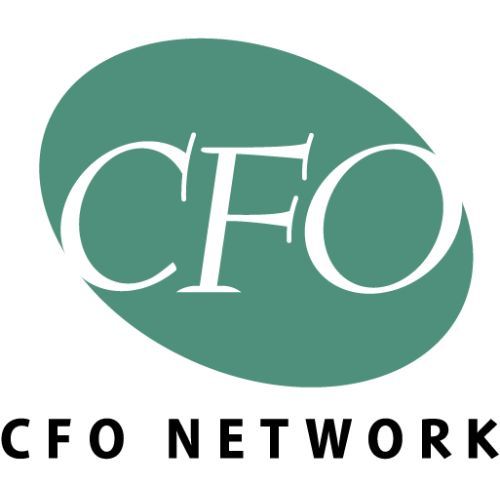The Real Cost of Keeping Your Escrow Accounts Audit-Ready
Why Staying “Audit-Ready” Could Be Killing Your Profits

Why Is Staying Audit-Ready So Expensive?
Keeping escrow accounts audit-ready requires four significant investments:
- Trained staff
- Specialized software
- Banking and compliance controls
- Audit preparation
Each adds hidden costs that chip away at profits.
How Much Do Staffing Costs Impact Escrow Accounting?
Escrow account reconciliation isn’t a side task. It requires skilled professionals who know how to perform 3-way escrow reconciliations and spot compliance risks.
Hiring and retaining staff at this level is expensive. Even one small error in reconciliation can lead to audit findings, fines, or worse—loss of reputation.
What Are the Costs of Escrow Software and Technology?
Escrow software is essential for daily balancing and reporting. But costs go beyond the license fee.
- Ongoing upgrades
- Cybersecurity protection
- Staff training
- Downtime during implementation or migration
Over time, these “hidden” costs can equal or exceed staffing expenses.
How Do Banking and Compliance Controls Add to Costs?
Banks offer tools like positive pay, fraud filters, and multi-account management to protect client funds. These safeguards are valuable but costly.
Depending on transaction volume, escrow banking fees can add hundreds or even thousands of dollars each month.
What Do External Escrow Audits Really Cost?
Even with perfect records, escrow audits are unavoidable. Many states require annual third-party reviews by underwriters or regulators.
The direct costs include:
- Staff hours preparing documents
- Extra audit support fees
- Missed business opportunities while staff focus on compliance
Even a clean audit costs time and money.
Is Outsourcing Escrow Accounting a Smarter Option?
For many title companies, outsourced escrow accounting lowers costs and reduces stress.
Benefits include:
- Lower direct costs (no need for full-time staff)
- Built-in compliance expertise
- Scalable support for 20 to 200 closings a month
- Peace of mind knowing accounts are always audit-ready
The bottom line: keeping escrow accounts compliant in-house may be draining more resources than you realize. Outsourcing provides a leaner, more efficient way to stay compliant without sacrificing profitability.
Audit-ready doesn’t have to mean budget-draining.
Let’s talk about how you can protect compliance and profitability—book a consultation with CFO Network now.
FAQ's
What is escrow account reconciliation?
It’s the process of matching bank balances, book balances, and trial balances—known as a 3-way reconciliation—to ensure escrow funds are accurate and compliant.
Why do escrow audits cost so much?
Even flawless audits require staff time, documentation prep, and sometimes third-party fees. Those hours could be spent serving clients or growing the business.
Why do title companies outsource escrow accounting?
To cut costs, gain compliance expertise, and scale without the overhead of full-time staff.



